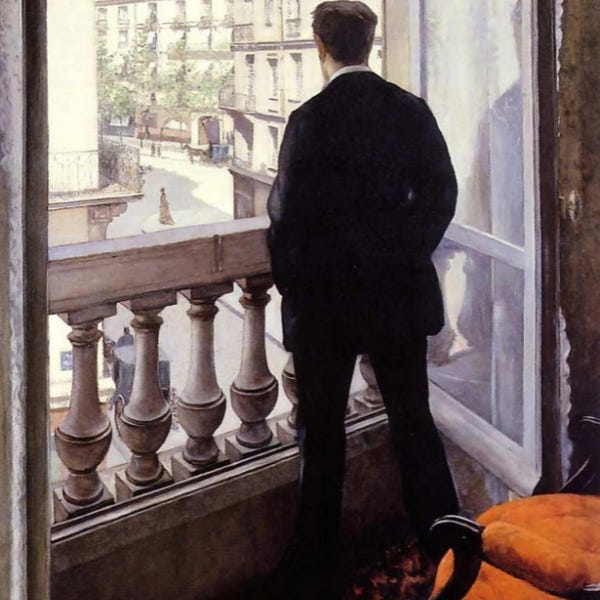How To Realize Inner Freedom
There is a famous story about a philosopher listening to an unhappy man complain about how his travels never did him any good. “Of course they didn’t do you any good,” said the philosopher, “seeing as you brought yourself with you.” The outer world has little significance if the inner world is neglected.
I was reminded of this story because of an advertisement I recently saw that said, “run away to sea.” Now, your habitual environments are important, where you live is critical, and the value of travel cannot be overstated. But the mistake of the unhappy man was failing to realize that it is inner states—not external escapes—that determine our freedom.
I imagine there have been world travelers whose minds were prisons, and homebodies whose minds were unchained. “People try to get away from it all—to the country, to the beach, to the mountains,” wrote Marcus Aurelius, “You always wish that you could too. Which is idiotic: you can get away from it anytime you like. By going within.” Real liberation is less about being in a new place and more about making certain realizations.
Yet we forget this all the time. We fall prey to the ride-off-into-the sunset fallacy, the delusion that everlasting happiness awaits just beyond the next destination. Once you get there, then you will finally be happy forever, then everything will be all set, and at last you will live perpetually blissed-out. Then you will be free.
But the truth is, fulfilling a desire only leads to the creation of another. For instance, when I was preparing to move to Austin, the ride-off-into-the-sunset fallacy was appearing in my mind. But thankfully I realized—as has been the case—that once I got to Austin and started doing things I envisioned, new desires would arise. This is human nature. I realized that no achievement, possession, or experience can permanently satisfy my desires. With this awareness I am more free.
I also realized that no level of validation from other people can make you feel free either. Consider a classic mental model from Warren Buffett: “Would you rather be the world’s greatest lover, but have everyone think you’re the world’s worst lover? Or would you rather be the world’s worst lover but have everyone think you’re the world’s greatest lover?” Read that sentence again. So good. This is the essence of what he calls the inner scorecard.
The Bhagavad Gita echoes this idea. “You have the right to action, but not to the fruits of action,” it says. “Those who are motivated only by desire for the fruits of action are miserable, for they are constantly anxious about the results of what they do.” It’s about focusing on doing something for its own sake. It’s about finding satisfaction in the act itself, whatever it is. It’s about letting your own approval be sufficient. Yes, recognition from others can feel good, but it shouldn’t be the foundation of how you value yourself. The inner scorecard is what is reliable.
When you avoid the ride-off-into-the sunset fallacy and value your inner scorecard above all else, you are truly free. These are simple shifts in perspective. I hope the unhappy man made these perspective shifts after the philosopher’s remarks. You don’t need to go anywhere. You can be free right now.



Thanks for the article.
Beautiful reminder to “focus on doing something for its own sake.”
Culture makes us forget that “something” (or I tend to forget sometimes)
But having an inner scorecard is key.
Not only to measure myself.
Also to be aware of which games I’m playing.
Merci Jeff! :)
Important messages here Jeff, and it is something I am also trying to control myself as I’m beginning new adventures. It’s all about inner peace and happiness. Once we have this, we are in full control of our lives.